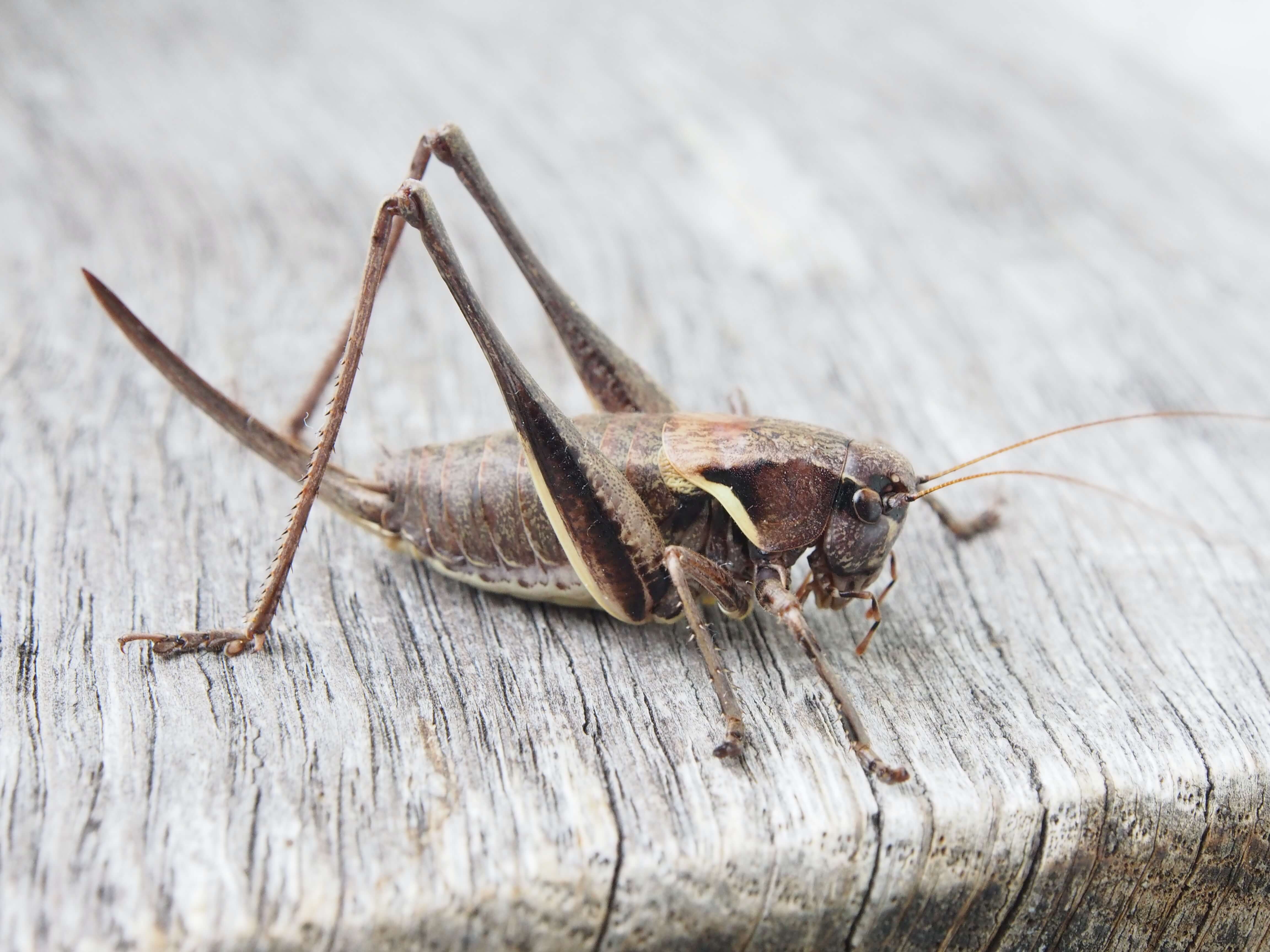
Perhaps the only performer that can get around ticketmaster's monopoly - the cricket is proudly performing in a yard near you. Oh, and they are definitely subscribed to Prime - cardboard for days.

Crickets, with their distinctive chirping sound, are small, brown insects found globally. Averaging between 1-2 inches long, crickets are famous for their elongated antennae. The chirping sounds you often hear at night is their unique way of attracting mates and staking their territory.
Being omnivorous, crickets have a diverse diet that includes plants, insects, and sometimes, even their own kind - though they usually only do this if they’re molting, wounded, or already dead. In fact, crickets will munch on just about anything - especially cardboard or paper-fibrous material.
They are nocturnal creatures, preferring to carry out their activities under the cover of night in warm, humid environments to avoid predation.
In terms of reproduction, crickets are prolific breeders with the capacity to bring up to 100 offspring into the world each year.
Crickets will gladly set up their symphony hall just about anywhere really, you can find them in fields, forests, and not surprisingly, in our homes. As creatures that love warm, humid environments, they often seek refuge in dark, damp areas, hiding under rocks, logs, and leaf litter.
While crickets may not pose a serious pest problem, their presence can be a nuisance. Their chirping can disrupt the tranquility of a quiet night, and they are known to cause damage to plants and crops, making cricket control necessary in certain circumstances.
Though some folks actually find the singing of crickets relaxing to fall asleep too, which I can agree with - just not when they’re inside my home.
Also you can have a fun time creeping up on a cricket - they’ll usually sing loudly but the second they sense you nearby they’ll stop chirping. If you identify this distance threshold it can make for some funny moments of going back and forth.
A severe cricket infestation may require the intervention of a professional pest control company. But if you have just a few of these insects, try to deter them by sealing up cracks and holes in your home, promptly cleaning up food spills, and reducing clutter.
Crickets can gain entry into your home through gaps and openings in your foundation, windows, and doors. They are also known to hitch a ride on your belongings, such as groceries or moving boxes.
Crickets are small, brown insects measuring about 1-2 inches in length. Their long antennae and characteristic chirping sound are often the distinguishing features of these creatures.
When faced with a substantial cricket problem, your best option might be to engage a professional pest control company. These experts have the know-how and experience to resolve your cricket issue effectively and promptly.
To prevent crickets from invading your home, consider these preventive measures:
From the cricket in the kitchen to the cricket in the yard, I hope this page helps you better understand these fascinating insects and how to manage their presence in our lives.


Newsletter
Sign up for updates and news at Aruza
©20xx Aruza. All Rights Reserved.